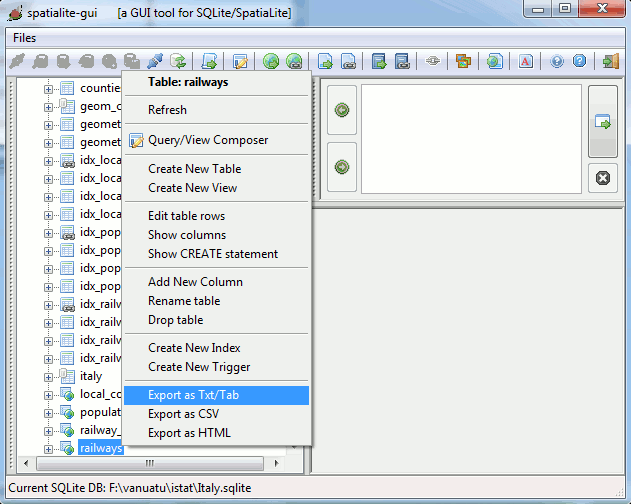

It fails because of how Twitter handles entities.


Reading the file, either with pd.read_csv or reading line by line will fail, however. csv file with the correct number of rows. with open(outpath, 'w') as f: and so on creates a. I could replace string literals in all columns, but that is clunky.įine, don't use pandas. Same result, pd.to_csv saves a file with more rows than actual tweets. I then modified my code to replace all string-literals: tweets = ] The resulting file still has too many rows, 1863 compared to the 1388 it should. Some of the tweets contain '\n' in the text field, and pandas writes new lines when that happens. It works smoothly and handles nested dictionaries well, but pd.to_csv does not work because it does not handle, as far as I can tell, string literals well. To get into a dataframe, I use pd.io.json.json_normalize. csv file that is not working as well as a file where each row is a tweet in JSON format. Finding the tweets is easy, but I run into two problems and am struggling with finding a good solution. I have a friend who wants tweets containing keywords, and the tweets need to be saved in a. $newColumn1 = $column1)įor ($i = 0 $i -lt $newColumn1.I have tweets saved in JSON text files.

$data.Stuff,$data.Stuff = $data.Stuff,$data.Stuff # get the first column as array of valuesġ TXT, but is there a different way to "properly" do it without renaming the "copy-item and saving it as a txt" $data = Import-Csv -Path $csv -Header 'Stuff','City','Number','InStock' # or add whatever headers you like Reminder, my method does work and outputs a. $txtfile = $date + $lastname + "-" + $lastxxx + "-" + $lastnum + "-" + $lastxxxtwo + "-" + $lastloc + "-" + $newid + ".txt"Ĭopy-Item "$csv" -Destination "$path$txtfile" $pathdone = 'C:\Users\xxx\Desktop\xxx Playground\CSV Edit\done' $path = 'C:\Users\xxx\Desktop\xxx Playground\CSV Edit\' TXT $csv = 'C:\Users\xxx\Desktop\xxx Playground\CSV Edit\20190522-Name-Num-Location-hey-hey.csv' This is the current way I save the CSV as a. I was told that a rename from filename.csv to filename.txt isn't the correct way ( in my opinion it works ), but is there another way to save a CSV as a TXT file "properly" I have a powershell script that edits a CSV and saves it.


 0 kommentar(er)
0 kommentar(er)
